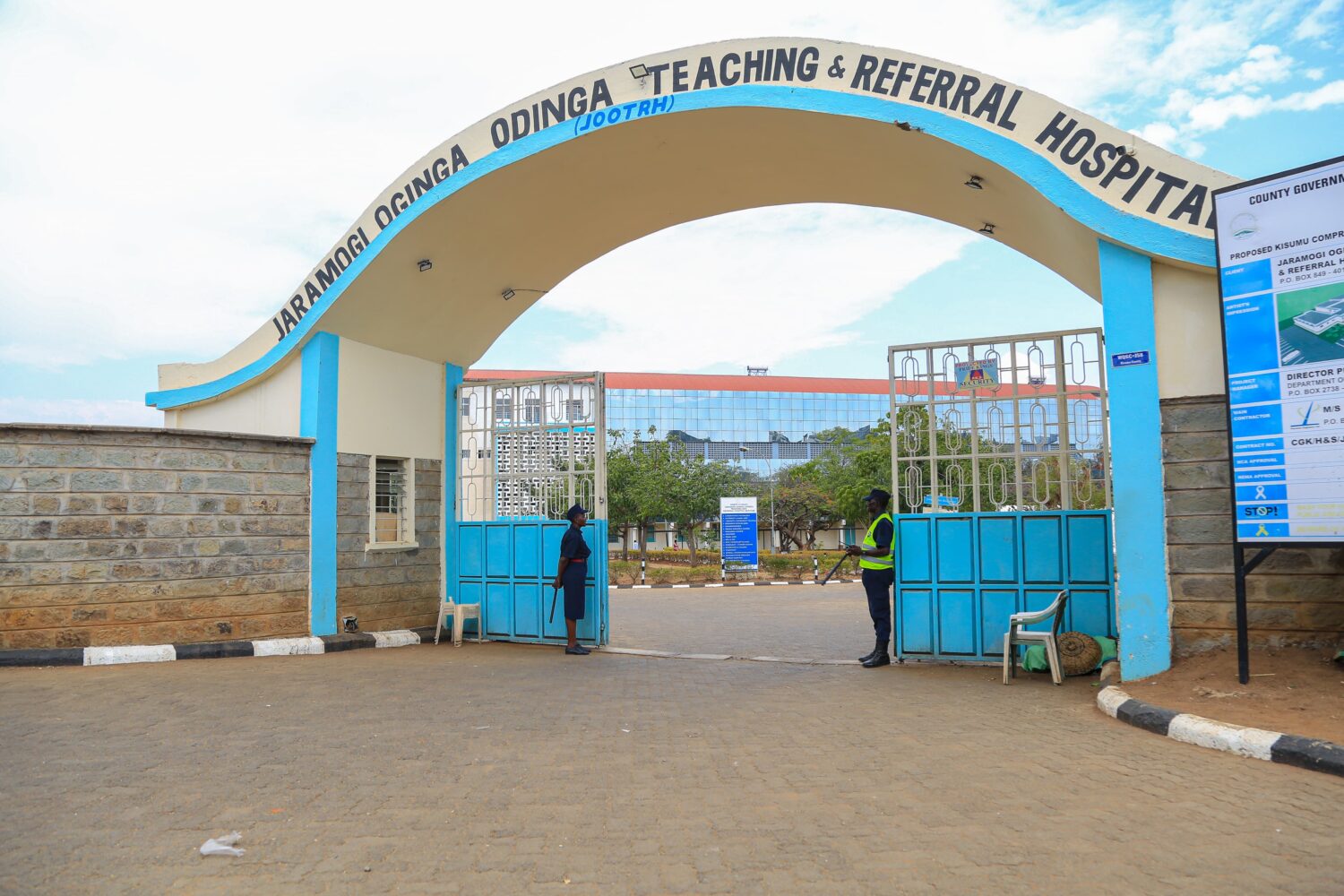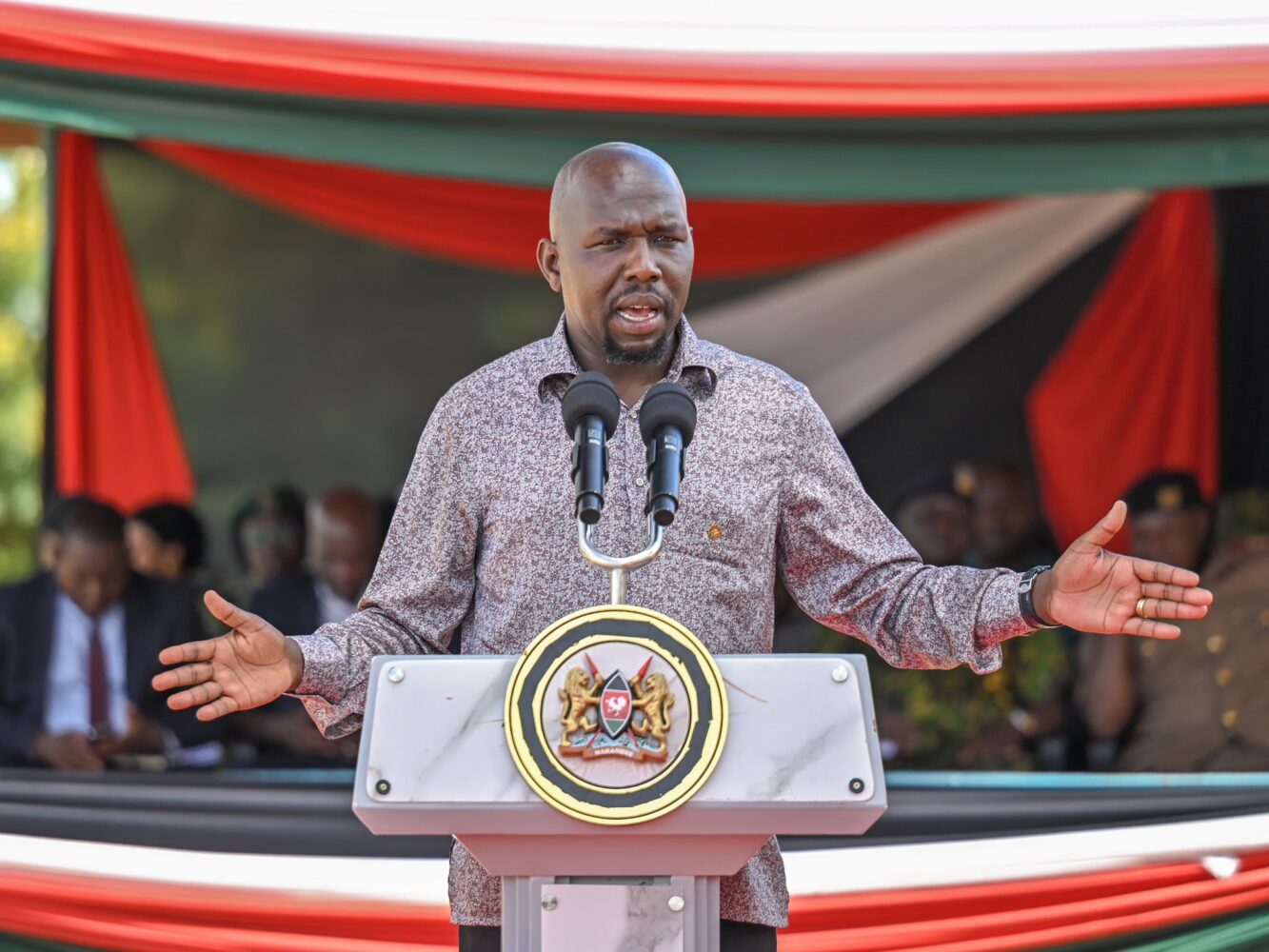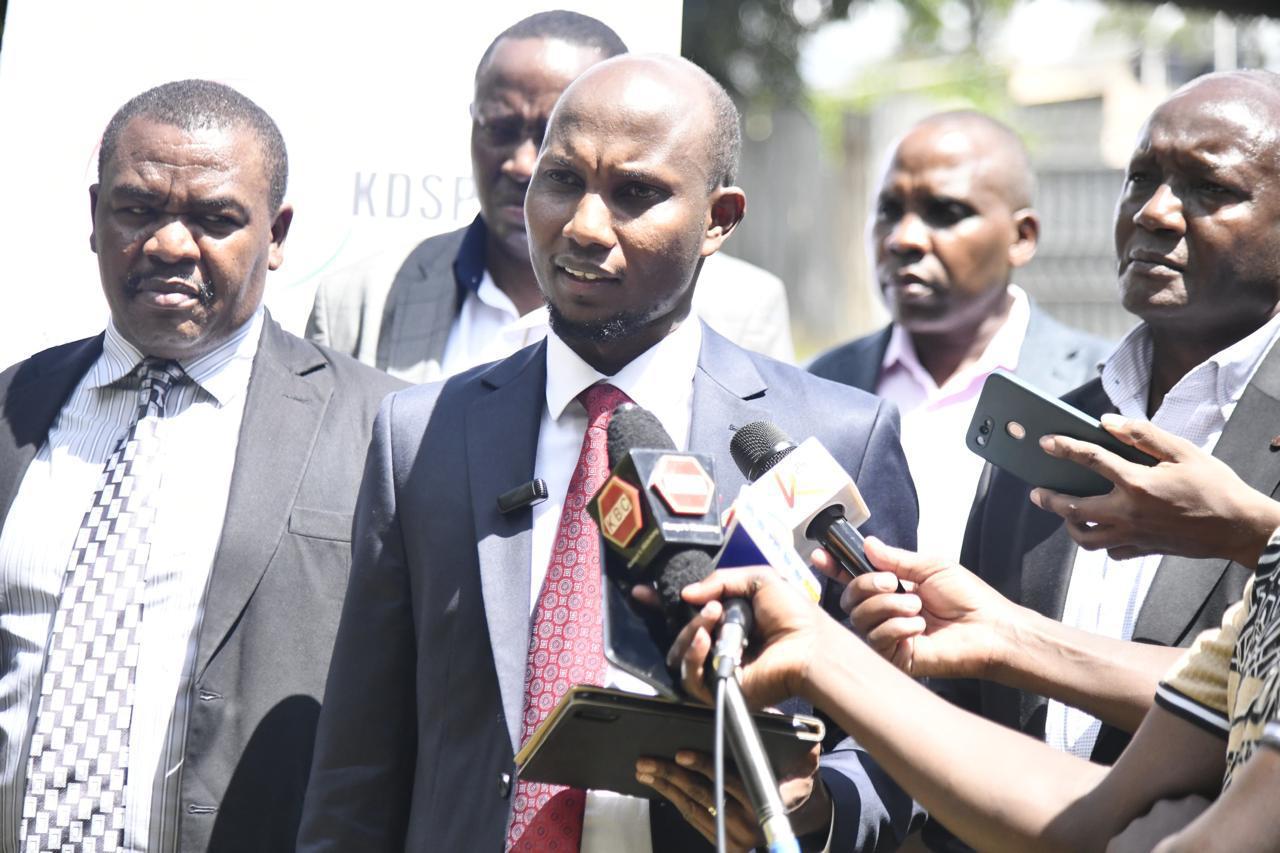The Government and the civil society have committed to undertake more public education to raise awareness on the proposed digital ID.
The pact followed a meeting in Nairobi between Immigration and Citizen Services PS Julius Bitok and representatives of the civil society led by Amnesty International Executive Director Irungu Houghton.
“The objective is to reach out to the civil society and get their input to make the process all-inclusive. We want Kenyan of all walks of life to get an opportunity to give their opinion and feedback,” the PS said.
Irũngũ said the civil society regarded such forums as critical in discussing minimum requirements that must be met for an effective and necessary digitization of the national identity.
“With the enactment of the Data Protection Act, we have jumped probably four decades ahead of the European legislation. With the announcement by the Kenya Kwanza administration that digitization will be the way that they plan to provide services and digitize over 5000 services, we are in different space qualitatively.”
He said human rights organisations were keen to ensure the design of the unique personal identifier and the 3rd generation ID was based on three key principles: data privacy, inclusion of marginalized communities and public trust.
The PS noted that Kenya’s civil society has a rich history of advocacy for good governance and said the government was keen to engage the group to reach as many members of the public and interest groups as possible.
The forum was part of stakeholder engagement sessions that have been held so far. A similar session with nearly 400 Regional, County and District commissioners was held on Friday at the Kenya School of Government and with a public gathering in Nakuru on the following day.
“We want all stakeholders as partners, and we have other sessions scheduled with the private sector and the religious leaders,” the PS said adding that similar sessions with religious leaders and the private sector were planned later in the week.
PS Bitok said the existing registration and Identity ecosystem has been in place for nearly 30 years and is outdated and in need of modernization to make it compliant with international standards.
He reiterated that the new digital ID will be voluntary save for first-time applicants. “I want to assure Kenyans that no one will be forced to take up Maisha Card. The current IDs will continue to be recognized as valid identification document alongside the new card.”
He however said the new card will include superior security and technology features











